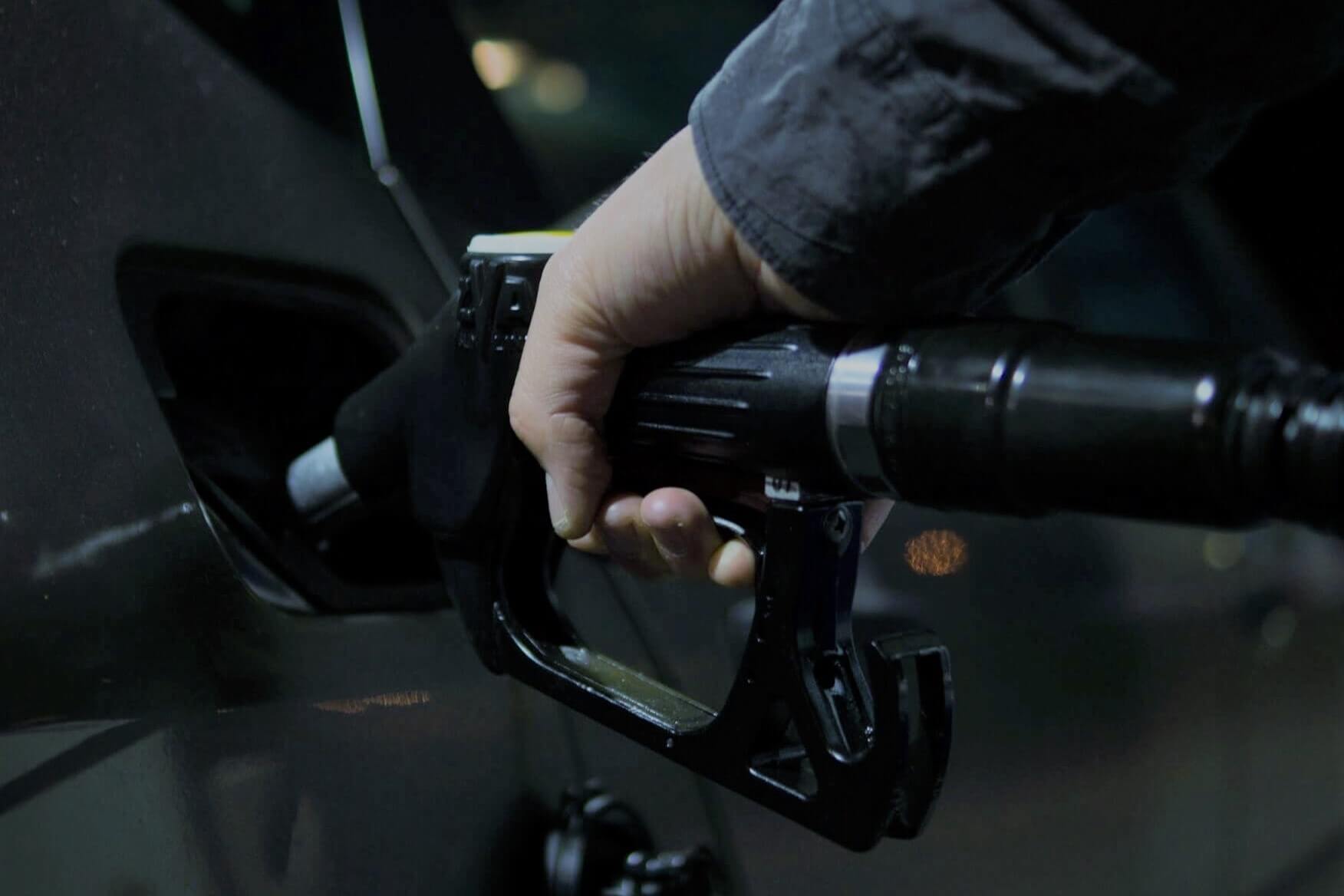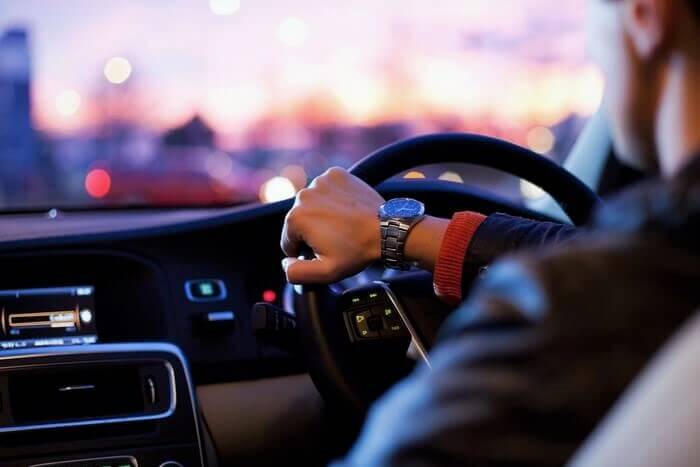How to Lower Driving Costs
Owning a car is expensive enough as it is without the actual costs of driving it. After you have paid for your car, insurance and repairs, you can often forget about how expensive it is to run your car. Read our advice below to find out the easiest ways to reduce the costs of driving, and owning, a car.
1. Keep on top of car maintenance
Looking after your car regularly allows you to spot any nasty surprises early. Clean both the inside and outside of your car regularly and check the fluids; this way you will know your car is running at its best possible standards and avoid any unexpected trips to the garage. Any minor fixes will cost less in the long run than a more complicated fix.
2. Look after your tyres
Checking your tyres regularly can save you time and money as driving on flat or damaged tyres can badly affect your car. Under inflated tyres can cause handling issues, excessive wear to the tyre edges and increase fuel consumption. Although under inflation can cause a lot of issues, over inflated tyres also have their risks. Avoid poor grip, loss of traction or the tyres blowing out by checking your tyres are not inflated past their limit. At tyresavings.com, our experts recommend checking your tyre pressure once a month. For more information about how to check your tyre pressure, read our extensive tyre pressure guide.
As well as looking after your tyres, you can also buy new tyres that have better fuel efficiency ratings than the ones you currently own. This means that they have a better fuel consumption than regular tyres. You can check your tyres fuel efficiency rating by reading the tyre label.

3. Plan your routes
Whenever you go for a drive, it is always best to plan the quickest and most efficient route. If you drive along the same route everyday and find yourself in stop start traffic, and it is possible to take an alternative route, try to take a journey that allows you to drive at a constant speed. This not only helps to cut the cost of fuel but will help to maintain your brake pads.
Although a constant speed can help with your fuel consumption, it’s also important to plan a route that has the best roads for driving. The pothole problem in the UK has us dodging potholes and uneven road surfaces no matter where we drive, so if you know there is a particular road that could cause damage to your tyres or car when driving, try to take the smoothest road possible for your journey.

4. Fuel costs: where and how to refuel
The cost of fuel can vary from different petrol stations, even if they are in the same area. When you are planning to refuel, choose somewhere that has the best value for money. If you have a favourite petrol station because it is the one you always go to, this may be racking up unnecessary costs. Every time you need to fill up your car, the petrol prices may have changed at your usual station, so it is worth checking out different stations every time to get the best deal.
You may also notice that some petrol stations offer ‘premium’ or ‘high performance’ fuels. Unless you have a car that specifically requires this type of fuel, stick to your regular petrol or diesel for the standard price. Filling your car unnecessarily with a fuel that will not provide any extra benefits can be costly.
5. Reduce car insurance costs
Insurance can be one of the costliest parts of owning a car. The most important piece of advice we can give you regarding buying car insurance is to shop around. Investigate into a range of policy options and note the positive and negative elements of each. Sometimes it may seem that third-party policies are the cheapest, but this may not always be the case.
Be savvy with your insurance once you have decided on a policy provider. If you are under 25 or are considered to be a ‘high-risk’ driver, try adding a ‘lower-risk’ person to your policy. You may be a ‘high-risk’ driver if you have a conviction for:
- driving under the influence of drugs or alcohol
- excessive speeding
- reckless driving
- had any serious accidents
- have a poor driving record
A ‘low-risk’ driver is someone who doesn’t have any of these on their record and is therefore deemed a safer driver and cheaper to insure. If it isn’t possible for you to add another person to your car insurance, or you would like to reduce the price of your insurance even more, why not add a tracking device, sometimes known as a ‘black box’, that monitors how you drive. These can all be great ways to cut down the cost of your insurance.
6. Plan your parking
Parking is a cost that you don’t always think about when buying a car, especially if you have a driveway or free parking where your car is permanently located. When travelling in your car or driving to a new city, parking costs can rack up high if you don’t plan beforehand. Research the safest, value-for-money car parking spots when you need to park your car somewhere other than your home.
7. Update yourself on new laws
Make sure you know what laws are coming up about the UK roads, insurance or anything that will affect you as a driver. For example, one of the first new laws in 2018 was the introduction of a £100 fine for drivers who ignore lane closures on smart motorways. As smart motorways develop in the UK, we should expect more legislations, so keep an eye out for new laws that may save you from inconvenient and unexpected fines.
And it isn’t just new laws you should keep yourself updated on, pre-existing laws can be changed and could catch you out on the road. You can actually be fined by acting in a certain way on the road, such as aggressive behaviour towards other motorists, so be calm and collected to avoid road rage…and a possible fine!

8. Car pool
If you have noticed your commute to work or the drive to and from dropping the kids at school has been cutting into your budget, then why not think about car sharing with somebody who lives close by? Share the driving load and alternate days for the designated driver.
Even if you do not need to car pool daily, sharing a car at all possible times can help you save money. Whether it’s a social event or a trip to another city, why not go with a friend and share the amount of petrol.
9. Drive efficiently and carefully
Driving often comes as second nature, especially if you have been driving for a long time. If you started to think more about what you were actually doing while you were driving, you would maybe start to notice that you are unnecessarily causing wear and tear to your vehicle.
Avoid braking harshly and take corners slowly and smoothly to avoid wearing out your brake pads or cause damage to your steering and suspension. Driving slower in general can help you save fuel in the long term, so if you’re driving on the motorway and in a rush, remember that doing 70mph may save you 5 or 10 minutes but will cost you more in fuel!
Driving efficiently also includes being efficient with the interior gadgets of your car. Only use the air conditioning when you really need to, as this can use fuel unnecessarily. When you are driving at low speeds, open the windows rather than use the air conditioning if you need some cool air in your car.
10. Choose a fuel-efficient car
Buying a new car can be a frustrating experience. You may find a car that you like, but then not think about the extra costs such as fuel, insurance and tax. Luckily for us, these days there are cars available that are fuel-efficient and ultimately boast a lower tax band. Car manufacturers such as Toyota, Renault and Ford all provide fuel-efficient cars, so whether you need a family-sized hatchback or a small, city run-around car, you will be able to find one that runs on less fuel.
For more information about how to save yourself money when it comes to you car, take a read of our cheap vs expensive tyres guide.

